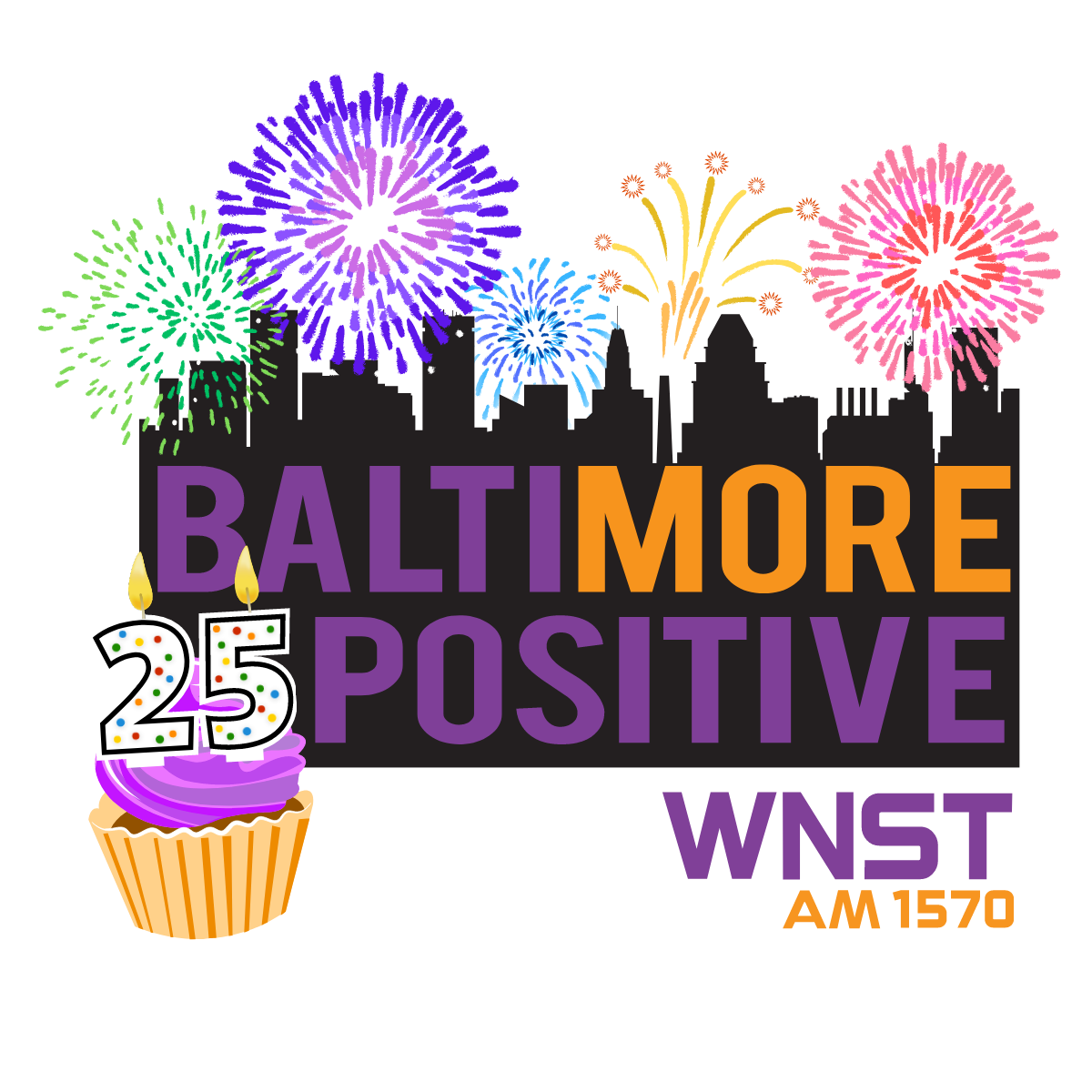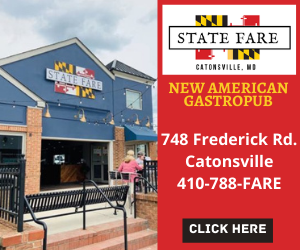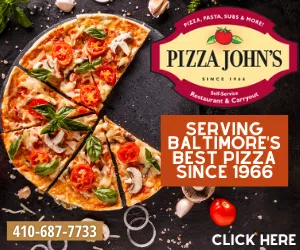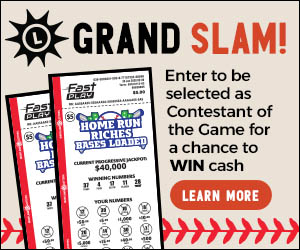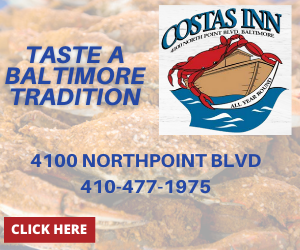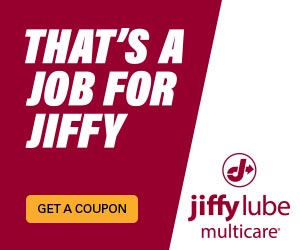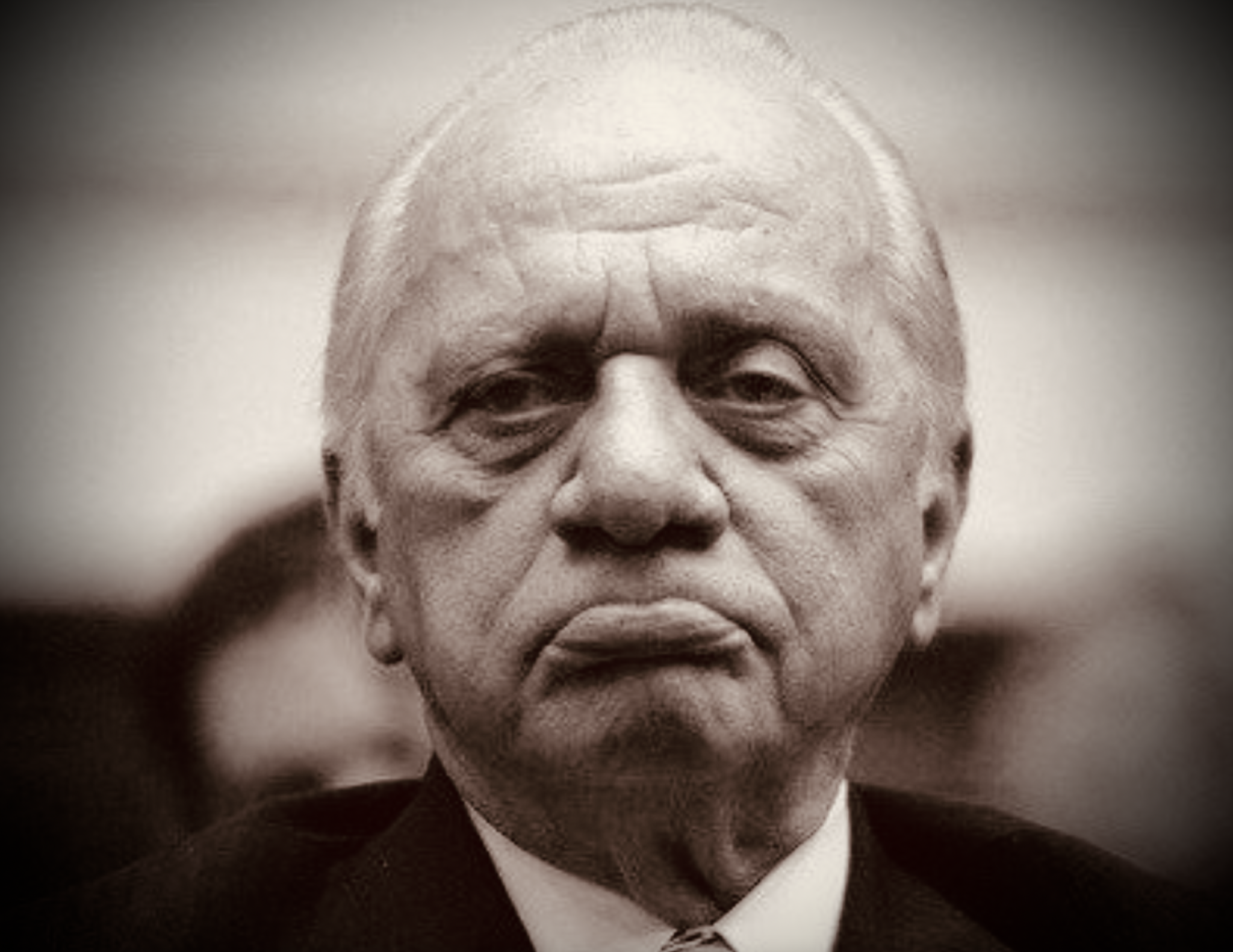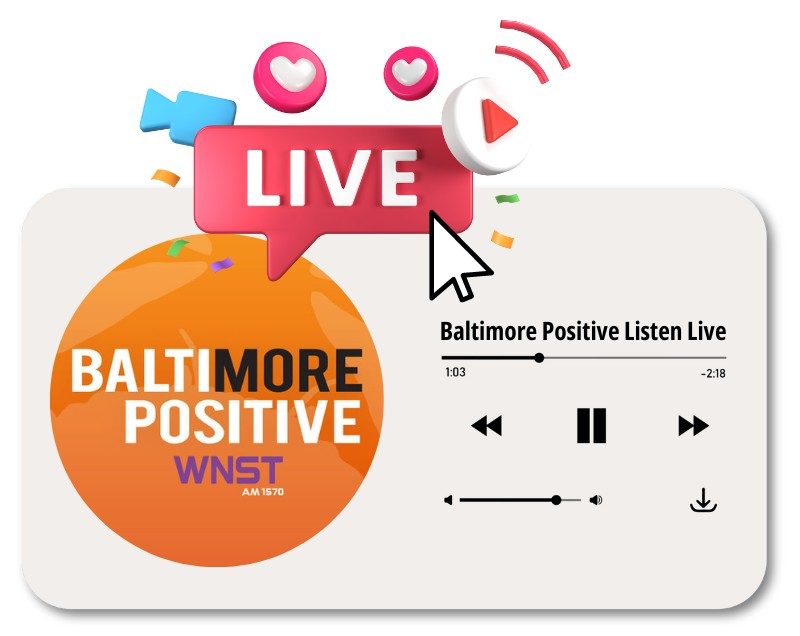Steadman, who watched the Colts come and go from Baltimore and had chronicled sports in Baltimore for half a century, continued on the necessities of ownership:
What does it take, you ask, to be a good owner? It’s such a simple question. High school geometry is much tougher. The rules of the road for being a responsible, respected owner, regardless of the game or the shape of the ball, is to stay out of the way, let the general manager make decisions, the manager manage and the players play. There’s nothing difficult about that. What does an owner do? The job description, in the successful owner’s handbook, is so basic it’s elementary. All they should do is come to the games, entertain relatives and friends, smile at the fans as they come through the gates and refrain from speaking critically about the front office or the operation on the field.
In 1994, Peter Angelos just wanted to win and be a hero.
And, now, he found himself in the middle of a multi-million dollar mess and he was new to the party.
Insiders say he knew very little about just how deep-seated the hatred was between the union and owners. When he bought the team 12 months earlier it literally never entered into the conversation with the other investors or bankers. But Angelos was about to find out that he was helpless to stop a work stoppage that ended a season where the Orioles were in prime position to be in the postseason for the first time in 11 years and wrecked the finances and profits of the team in its first season under the new ownership.
The Sun reported that a season-ending strike would saddle the Orioles with an operating loss of $5.1 million. The Orioles had projected a $7.9 million operating profit in 1994 even with $12 million in new payroll so it brought the full economic impact of a work stoppage on the team to $13 million. Angelos had borrowed $90 million to obtain the Orioles and had a serious debt load that was also a factor in the 1994 and every budget moving forward.
The team had to refund two months worth of sold out games but, of course, player salaries were by the far the biggest line item expense and they no longer needed to be paid. Angelos vowed to keep all other team employees at full salary.
For baseball fans, MLB players, owners and everyone in the industry who depended on the sport to feed their families, it was a virtual bloodletting. But Angelos, who liked to fight, was unbowed. He liked to battle. From the time he put on boxing gloves in Highlandtown in the 1940s, he was a puncher and he would waste no time bringing those jabs into the MLB battlefield in his first year of ownership with the Orioles.
Angelos was in an awkward position during this fight because it was more like an old WWF “Battle Royal” with many combatants fighting with factions in their own camp on both sides of what amounted to a battle between billionaires and millionaires over money coming from the mortified, angry and disillusioned customers in the fan base. Essentially, this was the owners best and last chance to get cost certainty and a salary cap in Major League Baseball. This would insure more parity amongst the teams and a better product on the field where matchups and payrolls wouldn’t be so lopsided between big market, big revenue teams and the smaller market teams that were helpless to buy pricey free agents, who by their definition were the best players in the sport.
So, on the owners’ side, there were some who were personally financially sound enough to weather a protracted battle and others who were already teetering on bankruptcy, like Eli Jacobs was a year earlier when the junk bonds from the 1980s wound up earning their names. Some owners needed a salary cap, others preferred that the sport remain status quo because they were comfortable and profitable. One thing all of the owners wanted to do was contain costs on salaries and payroll. Their “give” was to agree to a revenue sharing plan that essentially punished (or taxed) teams that spent too much money, which was one of many things that insulted the union.
After all, for the players, it was as much about mistrust as it was pure greed. Over the previous two decades, the Major League Baseball Players Association had earned a reputation as the strongest union in sports, if not the entire country given the stature, platform and publicity it garnered when a whole industry of “stars” walk off the job. The players vowed to never limit their earning potential by agreeing to a salary cap. The players could point to the owners’ decades-long aggression, devious negotiating tactics and ill will and it all overflowed into this battle and public debate.
The owners had a long-standing reputation for playing dirty. The players had a long-standing reputation for staying solidified and united, which was preached by previous union leader Marvin Miller, who won his constituents hundreds of millions of dollars with this tactic and mantra.
This was far from the first battle for Peter Angelos. In many ways, it’s his favorite thing to do – battle, negotiate and posture.
In 1994, as a new member of the Lords of MLB, the first war for Angelos was with his fellow owners. He was barely initiated into the club and already the system of baseball’s new economics was quickly changing with new cities erecting new stadia at taxpayer expense and the competitors would be quickly catching up using Camden Yards as a model. For the Orioles, it was about getting the team to the field as quickly as possible. The Orioles were one of the rare teams in the sport boasting unprecedented financial success. And in places where baseball was struggling for attention, attendance and revenue, the strike was an unmitigated disaster in the public eye.
Angelos, however, didn’t need the players on the field to get his name in the newspaper. The timeline of his life, words and actions over the final six months of 1994 would shape the path of the franchise for the next two decades.
When the season faded into the strike in late summer, the sports talk chatter moved to whether Oates would return once the games were back on the field into 1995 or beyond. Angelos soon found out how insulated the baseball community was when he sloppily attempted to interview Oakland Athletics manager Tony LaRussa during the first week of October and then had to fire Oates because he found out about the dalliance.
“We wanted to talk to La Russa for some time,” Angelos told The Sun, “but we didn’t want it public. When it leaked out, it was embarrassing. We felt bad for Johnny. We said, we can’t subject him to this, and that’s why we had to act now. It was very difficult.”
After the Leo Gomez power play with Oates became public knowledge that summer, many MLB managerial candidates got the memo that Angelos would be meddling in the minutia of baseball. After Angelos had insulted Oates in The Washington Post, he wrote his manager a personal note and spelled his name wrong.
When Angelos was quizzed by Olesker at The Sun about his quickly-anointed reputation as a meddler he said: “I’ve heard those comparisons, that I’m another George Steinbrenner. Come on, I’m nothing like that. My policy is not to interfere with baseball. But that doesn’t mean I abandon my responsibility to the best interests of the club, and not protect its overall well-being.”
The candidates Angelos named as possible successors for the managerial role included Tony La Russa, Davey Johnson, Davey Lopes, Rick Dempsey, Bill Virdon, Buck Rodgers, Whitey Herzog and Phil Regan.
On October 11, assistant general manager Doug Melvin left the Orioles to go to the Texas Rangers, where he quickly hired Johnny Oates as his manager. On October 17, after passing on former Orioles player and World Series manager with the New York Mets Davey Johnson, who openly campaigned for the job, Angelos hired the pitching coach of the Cleveland Indians to be his first managerial hire. Phil Regan, whose nickname was “The Vulture” because he was a relief pitcher who came in late in games and often earned victories in 1960s, was on the radar of several teams and Angelos felt it was coup to hire the hottest name.
